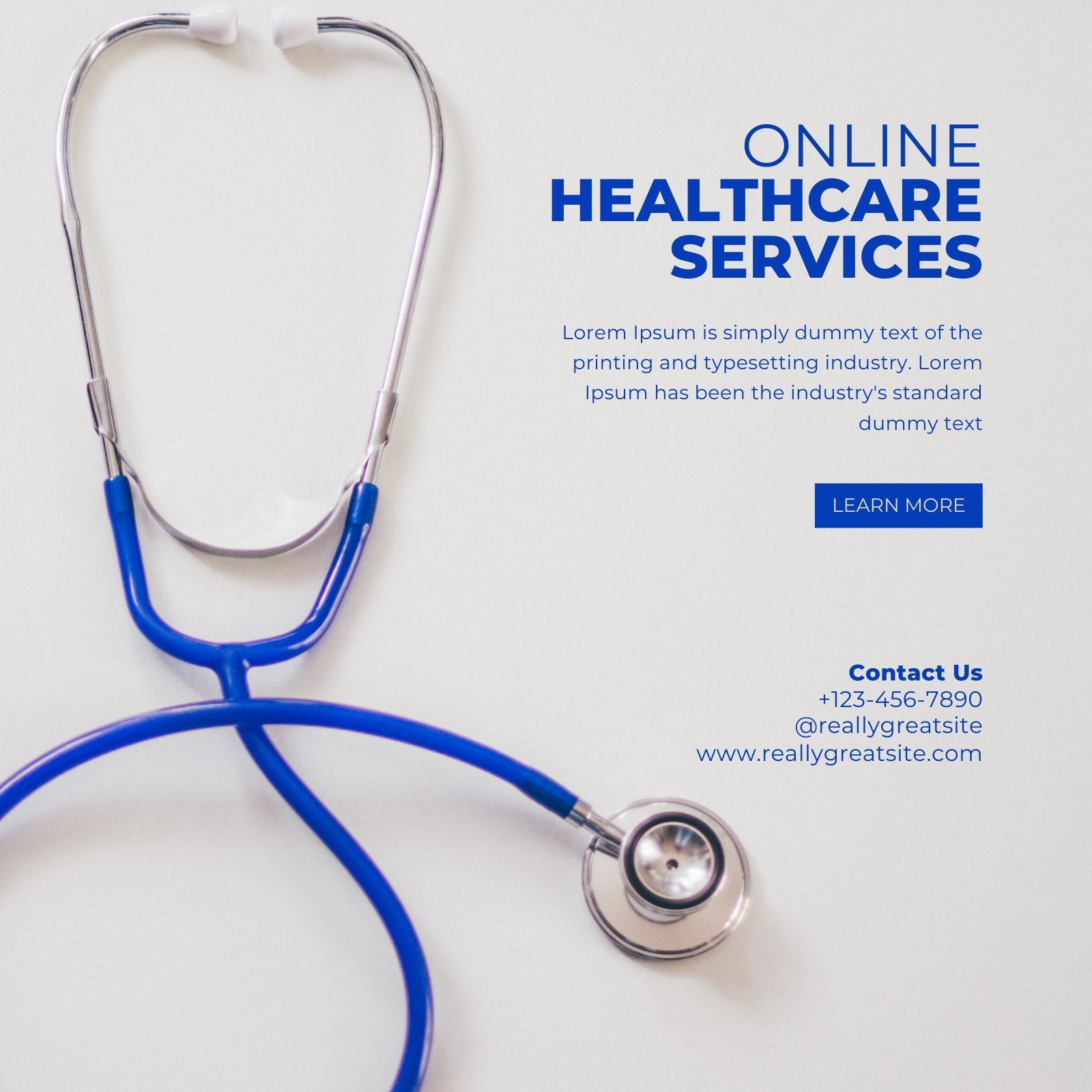The Future of Medicine: Discovering Subscription Based Healthcare Designs
Wiki Article
Navigating the Future of Medicine With Subscription-Based Healthcare Provider
As the health care market develops, subscription-based solutions become a critical design promising to reshape client care shipment. With the possible to use streamlined, cost-effective solutions through predictable pricing and tailored interest, these services stand at the center of modern clinical advancement. As we consider their rise, one have to consider the implications of incorporating such systems into existing medical care frameworks. What difficulties do they present in terms of data security and equitable gain access to, and exactly how might they redefine the patient-provider partnership? The answers to these questions might basically alter our approach to health care.Rise of Subscription Medical Care
As health care systems around the world face enhancing pressures from climbing prices and need for solutions, the development of subscription-based medical care models has arised as a transformative fad. This cutting-edge technique is interrupting typical medical care delivery by supplying a predictable, flat-rate settlement framework for medical solutions. Rooted in the concepts of concierge medicine, subscription-based medical care allows companies to concentrate on personalized patient care while concurrently taking care of functional effectiveness.The rise of this version can be credited to a number of aspects. Technological improvements have actually made it possible for much more smooth assimilation of care via telehealth and digital health records, helping with the scalability of subscription services. The raising customer need for transparency and predictability in healthcare expenditures has driven the shift in the direction of this version. Subscription-based services usually provide straight accessibility to medical care professionals, which can lower the management burdens related to insurance coverage cases and reimbursements (subscription based healthcare).
This version is gaining traction among varied healthcare service providers, from medical care doctors to specialized centers, by lining up economic rewards with preventative and continuous care. By moving the focus from volume to value-based care, membership medical care has the potential to reshape the landscape, fostering an extra sustainable and patient-centered technique to health administration.
Advantages for Patients

Furthermore, subscription-based solutions frequently highlight preventative treatment, encouraging normal check-ups and health and wellness screenings. This aggressive method can result in early detection of wellness problems, possibly improving outcomes and lowering long-term medical care expenses for patients. Moreover, such versions typically use clear rates, allowing clients to better recognize their healthcare expenses and avoid unforeseen medical costs.
The customized nature of subscription-based medical care additionally improves client experience. Individuals can receive customized healthcare plans that fit their specific needs, fostering a more patient-centric technique.
Innovation's Duty in Makeover

Expert system (AI) plays a vital function in anticipating analytics, helping in very early diagnosis and tailored treatment strategies. AI formulas analyze substantial datasets to recognize patterns that may be forgotten by human monitoring, hence improving medical decision-making. Furthermore, digital health and wellness documents (EHRs) streamline individual information management, making certain continuity and coherence of care across various solutions and providers.
Blockchain technology boosts information safety and security and personal privacy, essential for maintaining patient count on electronic systems. It makes it possible for secure and transparent deals of medical information, ensuring that delicate information stays protected. With the integration of machine discovering and AI, blockchain can automate complex health care processes, decreasing management burdens.
Obstacles and Considerations
While innovation thrusts the capabilities of subscription-based health care services, it also presents a set of challenges and considerations that should be resolved to make certain successful application. One considerable obstacle is the equitable access of these solutions.Information privacy and security stand for one more vital consideration. Subscription-based services typically involve the collection and storage space of vast amounts of personal health info. Carriers must abide by strict data defense guidelines to keep individual trust and stop unapproved accessibility, which might cause significant honest and lawful consequences.
Additionally, the sustainability of registration models postures an obstacle. As health care requires develop, keeping a cost-efficient balance in between registration charges and service high quality is crucial to stop person dissatisfaction and attrition. Incorporating these solutions within typical medical care systems requires smooth interoperability in between platforms, which is commonly a facility and resource-intensive venture. Attending to these difficulties is important as subscription-based health care solutions continue to progress and expand.
Future Ramifications for Medication
Subscription-based healthcare services are positioned to substantially affect the future landscape of medication by improving how care is accessed and supplied. These models offer the prospective to democratize medical care access, providing individuals with more individualized and timely treatments. By leveraging innovation, such as telemedicine and information analytics, membership solutions can assist in constant monitoring and customized health and wellness administration, thus improving end results and lowering the this hyperlink worry on typical medical care systems.
As these solutions gain grip, they could stimulate a change in the direction of preventative care, highlighting the significance of early detection and administration of persistent conditions. This positive approach may eventually reduce health care prices by minimizing the demand for pricey therapies occurring from late-stage illness management. Membership models supply a scalable service to deal with differences in health care accessibility, particularly in rural or underserved populations.
Nevertheless, the transition towards subscription-based designs demands resolving regulatory and moral factors to consider, consisting of data privacy and equitable access. As the industry develops, joint efforts in between policymakers, innovation programmers, and doctor will be crucial to establishing robust structures that guard patient rate of interests while promoting advancement. Ultimately, these services visit assure to contribute substantially to a more efficient, patient-centered health care ecological community.

Verdict
Subscription-based healthcare solutions stand for a considerable advancement in the medical field, offering foreseeable prices and personalized treatment that boost availability and focus on preventive actions. As the healthcare landscape progresses, membership models are positioned to play a vital duty in forming the future of medicine.As the health care industry advances, subscription-based services emerge as a crucial design assuring to improve client care distribution.As health care systems around the globe face boosting stress from rising prices and need for services, the advent of subscription-based healthcare designs has actually arised as a transformative trend (subscription based healthcare).With the surge of subscription-based healthcare versions reshaping traditional healthcare distribution, people are starting to experience considerable advantages from this cutting-edge approach. As healthcare needs develop, keeping an affordable equilibrium in between registration fees and service high quality is important to prevent client dissatisfaction and attrition.Subscription-based healthcare services are positioned to substantially influence the future landscape of medication by reshaping exactly how treatment is accessed and provided
Report this wiki page